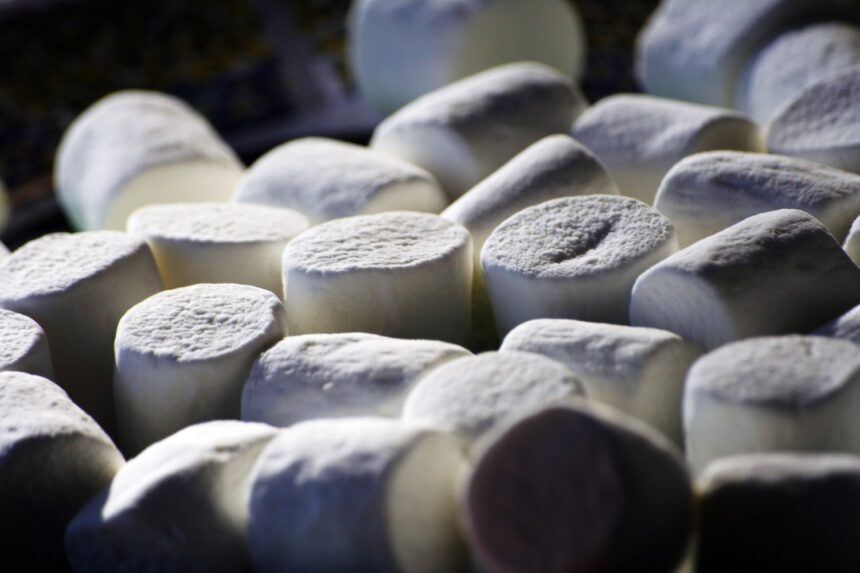Our commitments to other people can have a big influence on how we act—even for children who are trying to keep themselves from snacking on a tasty treat right now. Peer support helped children pass the famous Stanford marshmallow test, which tests whether a child can resist a tempting treat long enough to receive an even bigger, better reward, according to a new study.
The study, published May 7 in Royal Society Open Science, found that children are more likely to wait for a larger reward if they have a buddy who has pledged to hold out than if they’re alone. The findings show that promises can be a pretty powerful influence on people’s behavior, echoing previous studies that have found that explicit vows make children less likely to cheat and more likely to tell the truth.
The original marshmallow test, conducted at Stanford in the 1970s, was fairly simple and exceptionally cute. An experimenter placed a marshmallow or other treat in front of a child before leaving them alone in a room. The experimenter told the child that if the marshmallow was still there when the experimenter returned, the child would get double the tasty treats. Follow-up studies found that children who “passed” the marshmallow test by waiting until the experimenter returned had better outcomes later in life. But later studies challenged these findings, showing children who gobbled up the smaller reward were more likely to come from challenging homes and circumstances that may have made them less likely to trust adults. So, their relative levels of success later in life might have reflected the environment in which they were raised, not any intrinsic qualities.
In the new study, a team of researchers, including psychologist Owen Waddington from the University of Manchester, sought to determine how interactions with others impacted a child’s ability to wait for a better reward. “Successful cooperation often relies, in part, on individuals maintaining delayed gratification,” the scientists wrote in the study. “This sense of obligation can also lead to increased effort, and therefore increased cooperative success.”
Researchers conducted the experiments online and paired each child with another child. The new experiments were conducted with children aged 5 to 6 years old and their parents. From their homes, a parent showed their child a familiar treat. The child was told that they would get an even better treat if and only if another child also waited for a larger treat under the same circumstances. The experimenters fibbed about a “malfunctioning” Zoom link, which allowed participants to see the other child but not interact or communicate with them.
Participants were shown a video of the child they were paired with. The other child either promised that they wouldn’t eat the treat or expressed uncertainty about whether they could wait.
The study showed that when one child promised to hold out, the other child waited longer before eating the treat than if their partner had expressed uncertainty. It turns out that promises can mean a lot, even for children. Compared to previous studies involving the marshmallow test, this study “goes further to show that when a partner promises to wait for their treat, children’s willingness to delay gratification is greater than when the partner expresses uncertainty,” the authors wrote.
Younger children were more likely to last the whole time than older children, though the difference was not statistically significant. The authors wrote that this might be because with age, “children encounter more broken promises and learn that commitments are not always fulfilled.”
The findings indicate that promises promote cooperation in children, echoing earlier experiments in addiction research that buddy systems can prevent relapses. But the authors caution that they may not apply to all children, as the studies were mainly conducted on healthy children in northern England. Whether these findings apply to children across other cultures isn’t clear yet.
It seems a simple promise goes a long way.
Read the full article here












